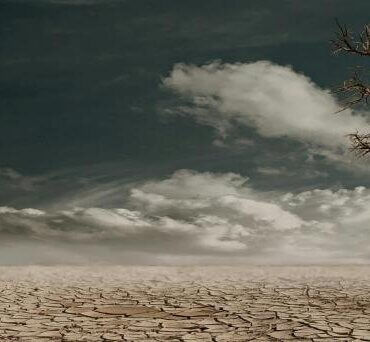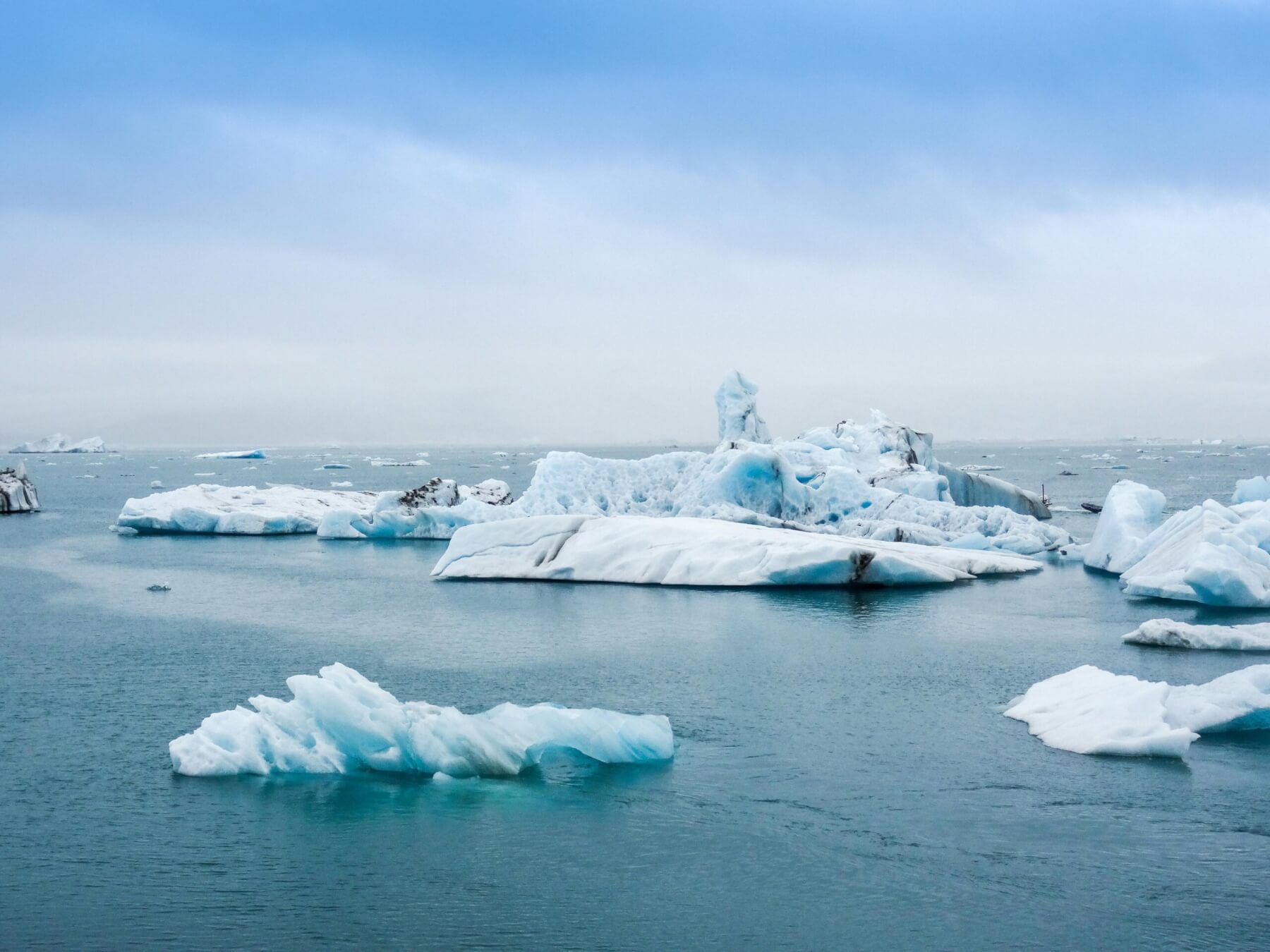
Photo: Pixabay
A Waikato-based climate scientist says ‘no way’ should New Zealand pull out of the Paris Agreement on climate change.

Climate scientist Dr Luke Harrington, pictured with Cambridge U3A co-founder Lyndall Hermitage before the meeting. Photo: Viv Posselt
“It’s a nonsensical premise to even consider, and just clickbait from certain politicians to even raise the idea,” Dr Luke Harrington said.
“The Paris Agreement isn’t legally binding. Sure, we’re not really on track to meet the emission reduction targets we’ve put forward, but it’s also true that the world is probably on track to exceed both 1.5 and two degrees Celsius of global mean temperature rise, which would be a failure of Article 2. But I have no idea how New Zealand walking away from the Paris Agreement would help solve anything, other than jeopardise some of our free trade agreements and diminish our reputation amongst our closest global allies.”
Article 2 of the agreement aims at holding the global average temperature at below 2˚C above pre-industrial levels, boost climate resilience without threatening food production, and financially support climate-resilient economies.
Harrington was speaking to The News after talking to members of Cambridge U3A on the topic, ‘How extreme weather will respond to a warming world in Aotearoa’.
Asked afterwards about ACT leader David Seymour’s statement last week that New Zealand should leave the Paris Agreement unless changes are made, he said any suggestions around withdrawal from the agreement would reflect a ‘misunderstanding of what we are committed to’.
New Zealand’s Nationally Determined Contribution (NDC) to the Paris Agreement is aimed at reducing greenhouse gas emissions by 50 per cent below 2005 levels by 2030.
“Individual countries can submit NDCs which are entirely incompatible with achieving the desired warming outcomes. I’m not sure there are many occasions where New Zealand would actively seek to join a group of countries like Libya, Iran and Yemen. They are the only other countries who have not ratified the Paris Agreement; the United States is currently in the process of withdrawing.”
Harrington is a senior lecturer in climate change at Waikato University. He leads the Climate Extremes and Societal Impacts research group, which uses state-of-the-art models to understand how climate change influences global weather events and why some communities experience more significant change than others.
Work he led was the first to quantify the attributable role of climate change for the 2012-13 New Zealand drought, the extreme rainfall associated with Cyclone Gabrielle, the Auckland Anniversary weekend floods and more.
Harrington was the first New Zealander to feature in the ‘Healthcare and Science’ section of Forbes 30 under 30 Asia (2022 edition) and was lead author on a 2021 OECD report examining losses and damages from climate change. He was also the 2023 recipient of the New Zealand Meteorological Society’s Kidson Medal and Winner of the Emerging Scientist Award at the 2023 KuDos Award.
In his talk to Cambridge U3A, he said that prior to 2009, scientists believed that just the reduction of emissions would be beneficial.
“That’s not true. We now know that to stop global temperatures rising further we have to get net emissions down to zero. We cannot afford any delay now.”
He said Cyclone Gabrielle rainfall was more intense due to climate change, and insurance losses from extreme weather in 2020, 2021 and 2022 broke records in each of those years.
Research shows New Zealand’s extreme rainfall events of today deliver more rainfall than if the same weather system occurred in a world without climate change, and while tropical cyclones might not become more frequent in future, they are likely to intensify faster and produce more wind and rain.
He said it remained uncertain whether future summers will be wetter or drier – primarily because of other climate motivators occurring at the time – but suggested the dryness of an average summer in the future would look like today’s very dry summers.
Both wettest and driest days in New Zealand are intensifying and even in today’s climate a ‘record-shattering heatwave’ over the North Island is plausible.
“Here in the Waikato, we are statistically overdue for a significant drought,” he said. “We need to be prepared for that.”

Icebergs. Photo: Guillaume Falco.








